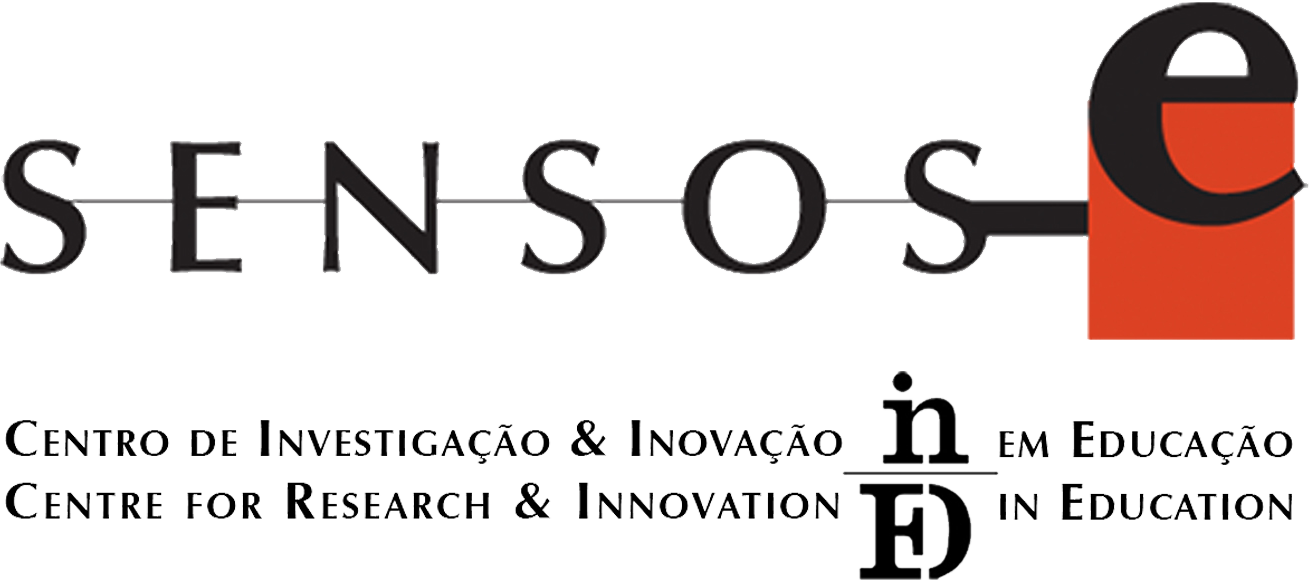Transition to Polytechnic Higher Education: Expectations and anticipated and experienced difficulties of undergraduate students
DOI:
https://doi.org/10.34630/sensose.v9i2.4389Keywords:
Polytechnic Higher Education, Transition, Expectations, Self-efficacy, Expected and experienced difficultiesAbstract
In Portugal, over the past decades, applications for Higher Education (HE) have increased substantially, with the consequent diversification of students’ characteristics, family background, as well as the courses and forms of access. This study aims to describe the academic expectations and anticipated difficulties of undergraduate students at the beginning of Polytechnic HE attendance, as well as to explore relationships between these variables, sociodemographic characteristics, access grade to HE, self-efficacy beliefs, and the difficulties experienced by students during the first semester attending HE. Three hundred and sixty undergraduate students participated in the study. The results have indicated that, upon entering HE, undergraduate students had positive expectations and anticipated few difficulties. Six months later, more difficulties tended to be reported by students: (a) who had anticipated more difficulties, (b) with a lower perception of self-efficacy, (c) who left their home environment to study (i.e., displaced students). This study may contribute to the expanding of scientific knowledge about the transition to Polytechnic HE, since the research is more frequent in the university context. By better understanding the expectations and experiences of these students, the present study may have implications for the organization of educational offers and a better support for students' adaptation.
Downloads
Published
How to Cite
Issue
Section
License
Copyright (c) 2022 Sílvia Barros, Mafalda Sousa, Manuela Pessanha, Carla Padrão, Sérgio Gomes, Ernesto Fonseca, Cristiana Guimarães, Ana María Porto

This work is licensed under a Creative Commons Attribution-NonCommercial-ShareAlike 4.0 International License.



